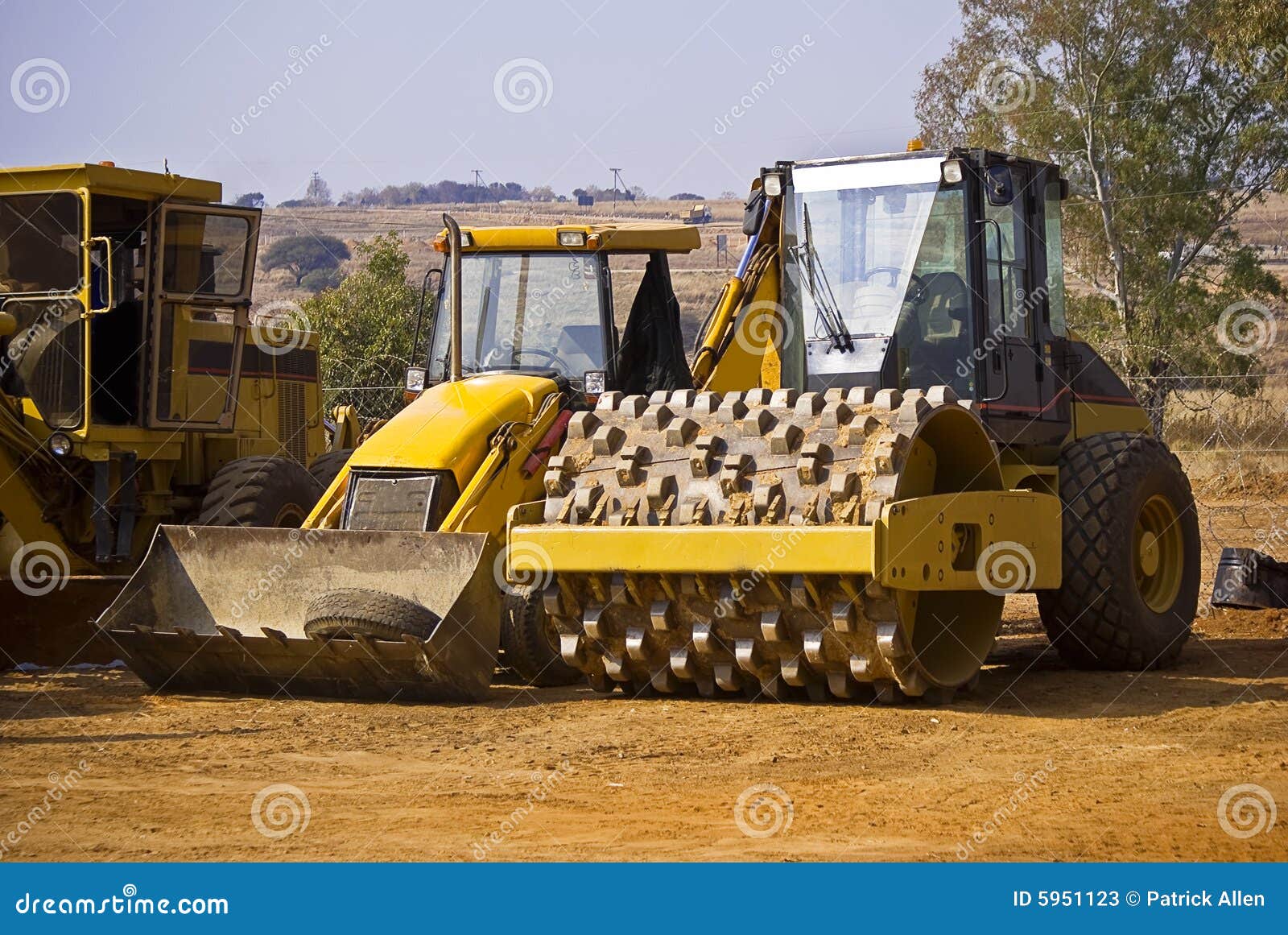Within this ever-evolving construction sector, a decision to rent or buy equipment can significantly impact both project costs and workplace efficiency. As contractors face varying demands and project timelines, the advantages of renting construction equipment have become more pronounced. By recognizing the environmental implications of this decision, construction professionals can make knowledgeable decisions that not only benefit their businesses but also add to sustainable practices.
When traversing the leasing landscape, it is essential to partner with a trusted construction equipment lease company. This partnership can influence the success of a project, as multiple factors come into play—including machinery availability, maintenance clauses, and customer support. Contractors need to be equipped with knowledge about what to look for in a dependable lease provider to ensure they achieve the most out of their leasing agreements. As we explore the intricacies of construction equipment leasing, we will point out key considerations that will help build a base for successful project outcomes while remaining environmentally conscious.
Choosing the Right Equipment Rental Provider
Identifying the best machinery leasing partner is important for any development project. A trustworthy lease provider can substantially affect job efficiency and overall success. Start by assessing your specific needs—evaluate the kind of equipment, term of the lease, and your budget. This defined understanding will help you in identifying potential companies that specialize in your necessary equipment and can fit your schedules.

Standing is a key factor to consider when choosing a leasing provider. Look for companies with positive reviews, a solid presence in the industry, and a track record of supporting contractors. Reach out to other professionals for advice and review online reviews. A reliable partner will demonstrate transparency and engage honestly about lease conditions, hidden fees, and customer assistance. This creates a groundwork of trust and ensures that you are making an informed choice.
Finally, assess the rental provider's flexibility and customer service. Strong communication and responsiveness can make a world of difference, especially when surprising challenges arise during a task. A reliable leasing provider will partner with you to find solutions that meet your job needs and timelines. Don't hesitate to ask queries regarding maintenance clauses, warranty, and repairs covered in the lease to make sure the relationship is well-aligned with your work goals.
Key Factors in Equipment Leasing Decisions
While considering equipment leasing, it is essential to assess the lease terms thoroughly. Grasping the duration of the lease, payment structure, and all included clauses is crucial. A contract that offers flexibility can be advantageous, enabling adjustments based on project needs. Pay attention to maintenance responsibilities and if repairs are covered in the terms. Knowing who is liable for maintenance can save you unforeseen expenses down the line.
One more vital factor is assessing the reputation of the leasing company. Look for feedback and testimonials from other contractors who have earlier worked with the provider. A company known for dependability and good customer service is likely to support you better throughout the leasing process. Also, consider whether the company offers a variety of equipment options and if their selection aligns with your specific project requirements.
In conclusion, transparency in pricing is important. Be mindful of hidden fees that could increase the overall cost of leasing equipment. Ensure all costs are outlined clearly, including late payment penalties or charges for excessive wear and tear. A reputable lease provider will present a straightforward, honest deal. Asking the right questions before signing can lead to significant savings and a more seamless leasing experience. #### Grasping Rental Contracts and Conditions
When signing a infrastructure machinery lease, it is crucial to comprehensively understand the lease agreement and its conditions . Rental contracts often encompass multiple elements such as the duration of the lease, payment structure , and accountability for damages . Familiarizing yourself with these conditions will help guarantee that you are making a well-informed decision that aligns with your project's requirements. Pay close attention on any clauses that may introduce additional obligations or costs, as these can affect your overall costs.
Another essential factor to consider in rental contracts is the maintenance clauses . These clauses outline who is responsible for repairs and maintenance throughout the lease period . Being aware whether the lease provider covers maintenance costs or if you are obliged to handle them will play a significant role in your financial planning and organization. Full comprehension of these terms may also affect your choice in choosing a lease partner, as certain companies deliver more advantageous maintenance options than their competitors.
In conclusion, always review the versatility of the lease conditions. more tips here can be unpredictable ; therefore, it is important to opt for a lease agreement that enables adjustments if your needs change. Opt for a leasing provider that exhibits a ability to accommodate your project requirements, including the possibility of lengthening the lease or upgrading equipment if needed . This flexibility can lead to smoother operations and ultimately contribute to the successful advancement of your construction assignments.
